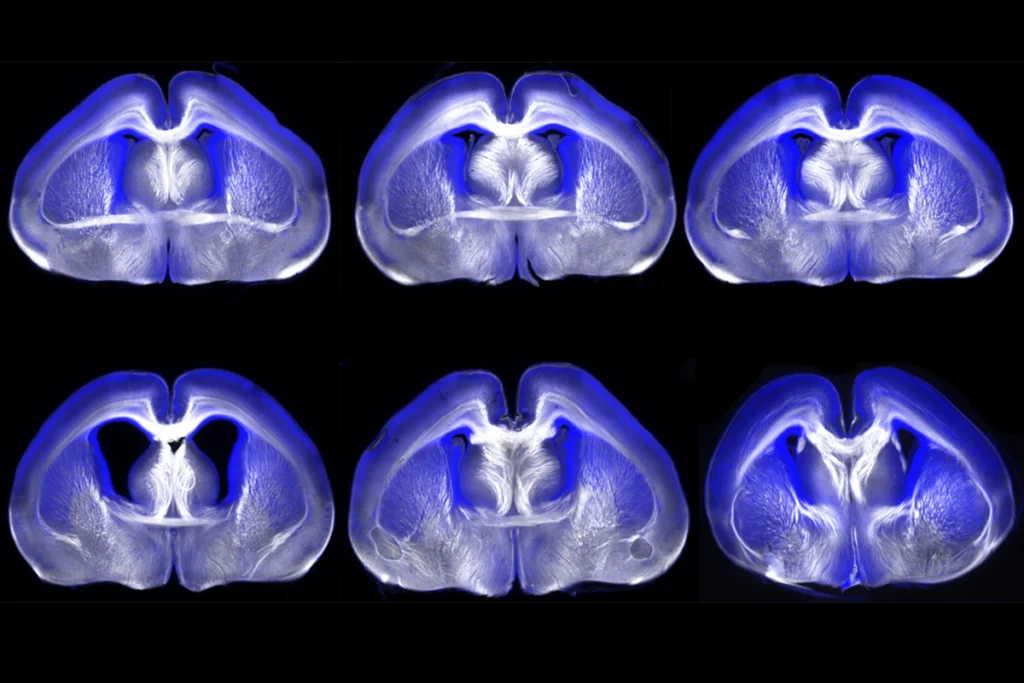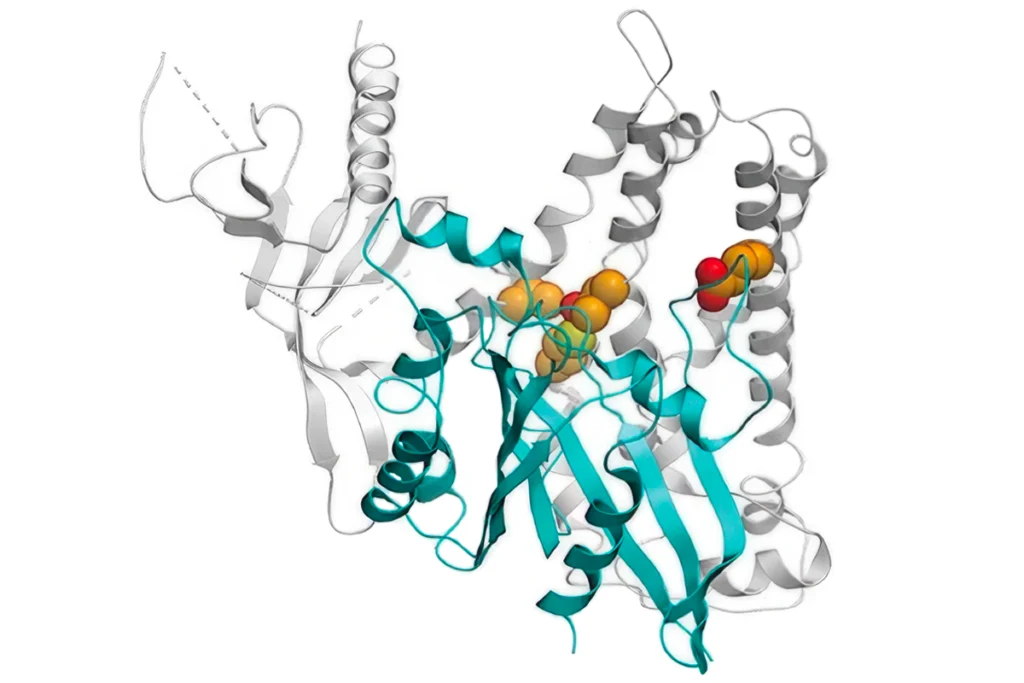Science and society
Brain Gene Registry; neurite density; income disparities in autism diagnoses
Here is a roundup of autism-related news and research spotted around the web for the week of 29 April.
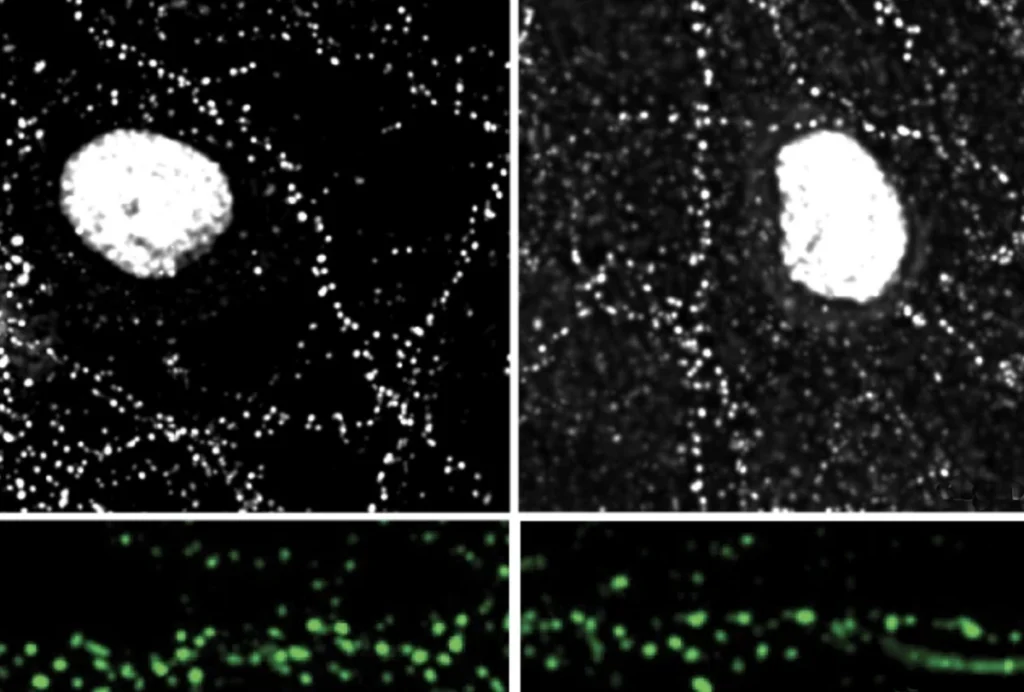
Brain Gene Registry; neurite density; income disparities in autism diagnoses
Anxiety and CHD8; TBR1 protein; NIH ECHO program
Here is a roundup of autism-related news and research spotted around the web for the week of 22 April.
$278 million cut in BRAIN Initiative funding leaves neuroscientists in limbo
The program is funded at $402 million for the current fiscal year, a 40 percent drop from last year.
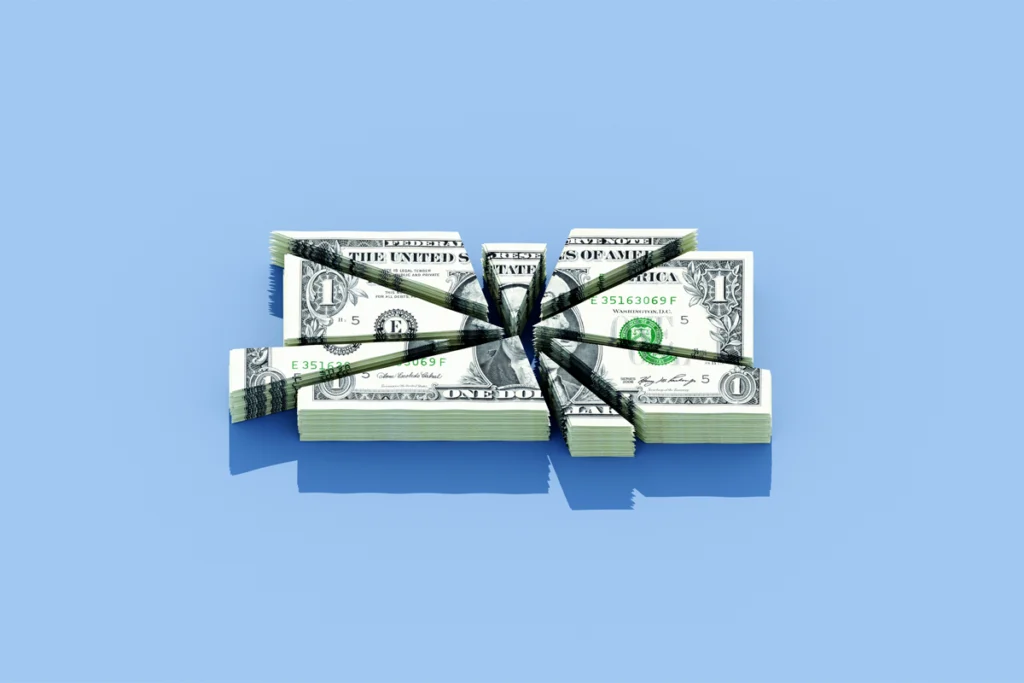
$278 million cut in BRAIN Initiative funding leaves neuroscientists in limbo
NIH seeks input on how structural racism affects brain research, health
The feedback could lead to “novel ways” to conduct studies and reduce health disparities, a National Institutes of Health employee says.
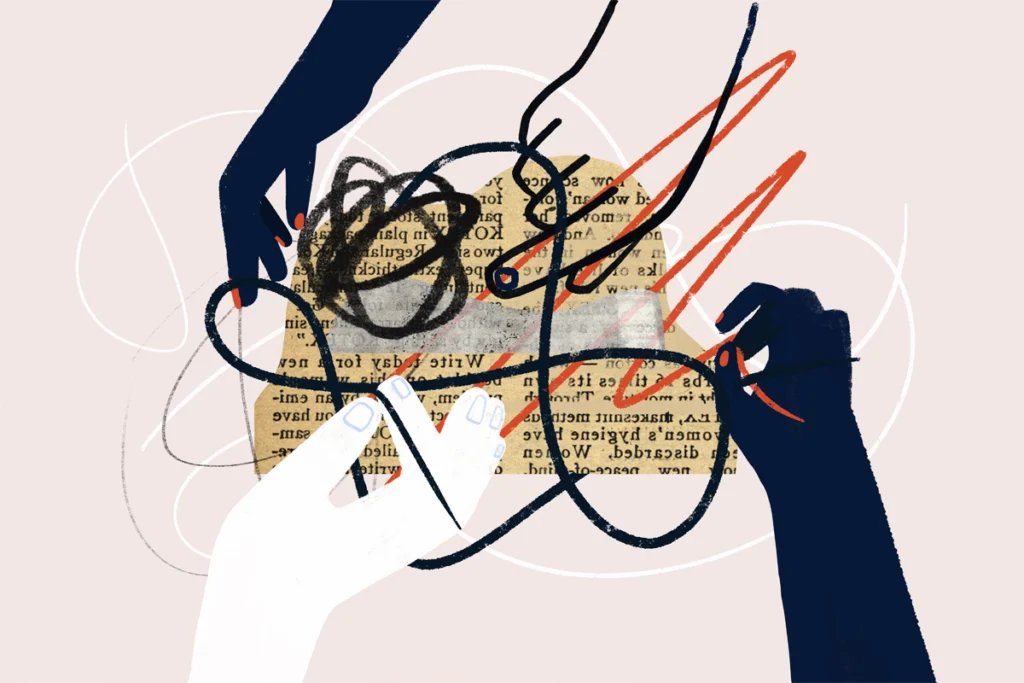
NIH seeks input on how structural racism affects brain research, health
TRIO gene; left-handedness; gender diversity
Here is a roundup of autism-related news and research spotted around the web for the week of 15 April.
Fragile X syndrome; DNMT3A gene; SHANK3 transcriptome
Here is a roundup of autism-related news and research spotted around the web for the week of 8 April.
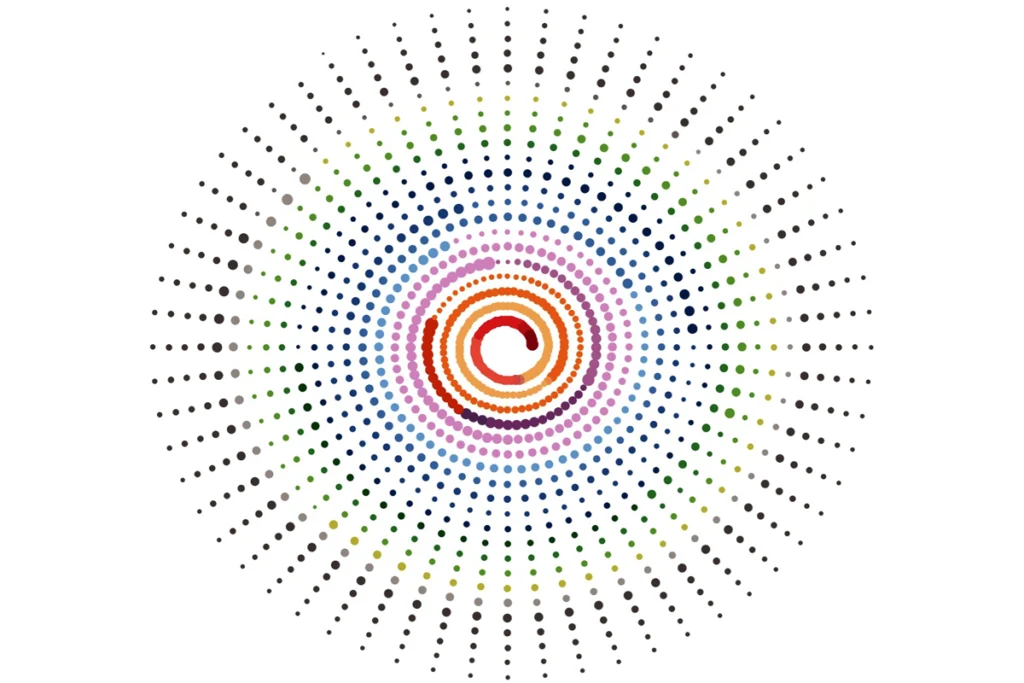
Fragile X syndrome; DNMT3A gene; SHANK3 transcriptome
PTEN hamartoma tumor syndrome; arginine vasopressin; self-harm assessment tools
Here is a roundup of autism-related news and research spotted around the web for the week of 1 April.
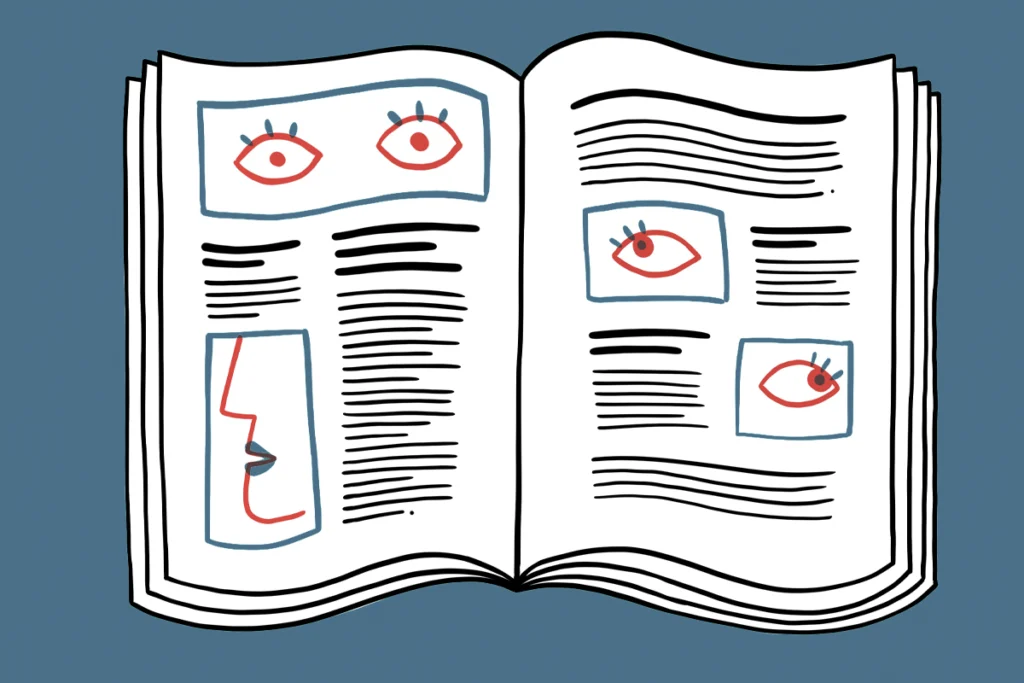
PTEN hamartoma tumor syndrome; arginine vasopressin; self-harm assessment tools
Topiramate during pregnancy; vascular dysfunction; PTCHD1 gene
Here is a roundup of autism-related news and research spotted around the web for the week of 25 March.
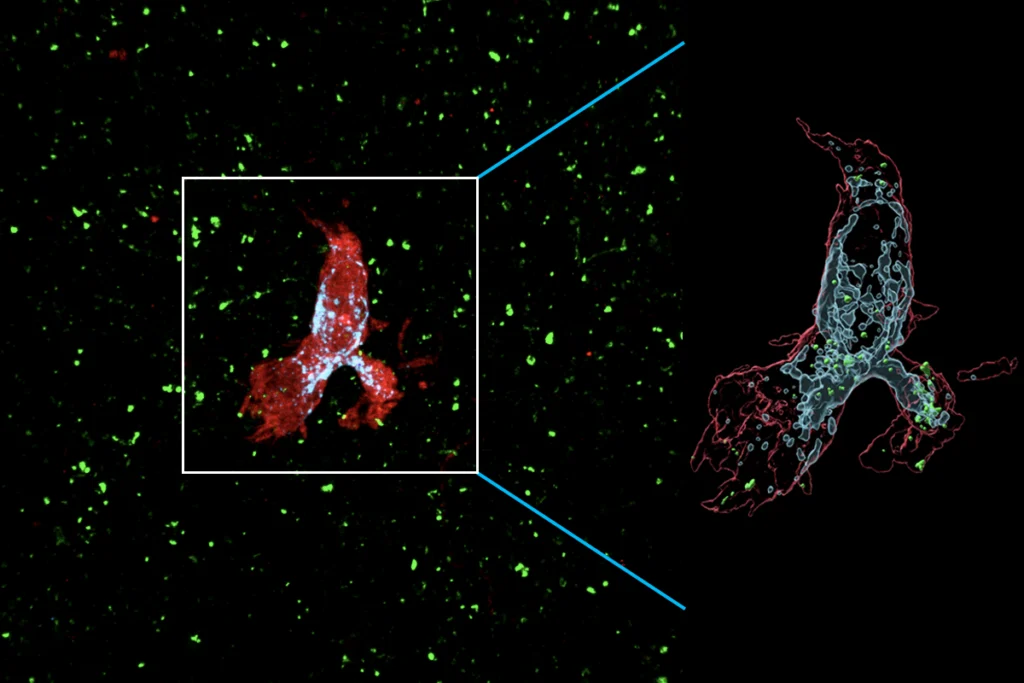
Topiramate during pregnancy; vascular dysfunction; PTCHD1 gene
CHD8 gene; visual processing; autism and co-occurring heart conditions
Here is a roundup of autism-related news and research spotted around the web for the week of 18 March.
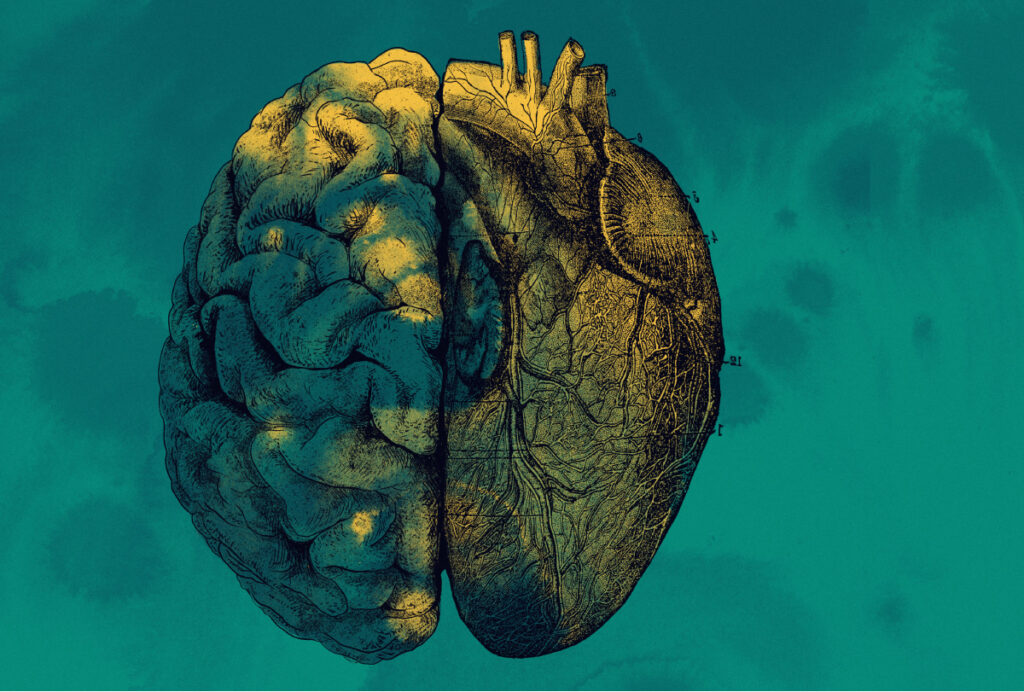
CHD8 gene; visual processing; autism and co-occurring heart conditions
Knowledge gaps in cephalopod care could stall welfare standards
The U.S. National Institutes of Health wants to regulate research involving cephalopods. But there aren’t enough rigorous studies to base the regulations on, veteran cephalopod researchers say.
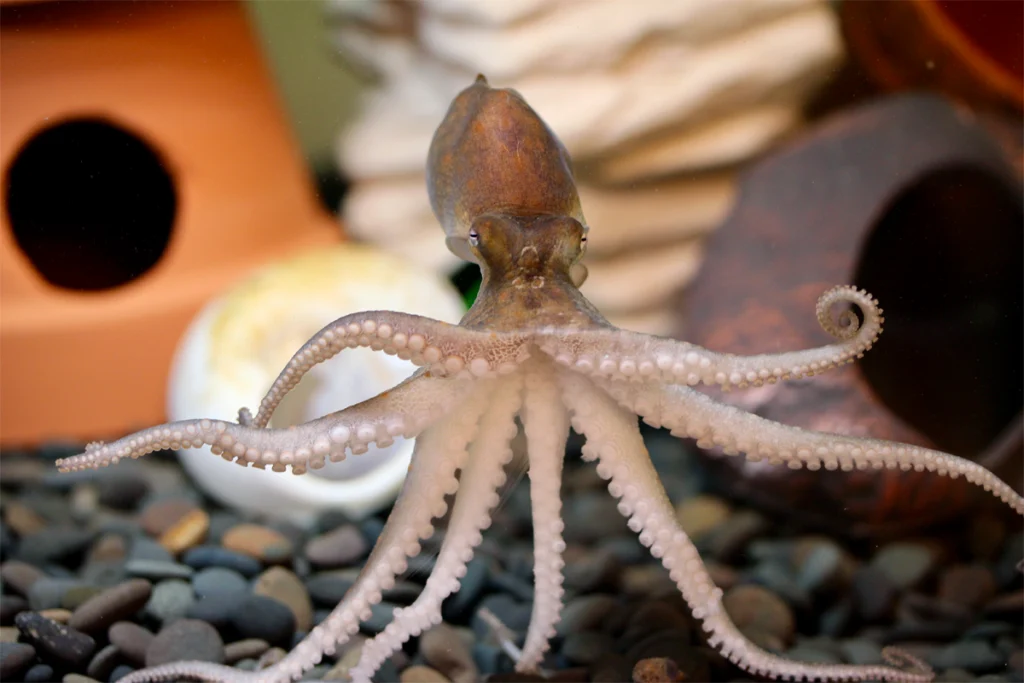
Knowledge gaps in cephalopod care could stall welfare standards
Explore more from The Transmitter
What neuroscientists should know—and what they can do—about changes to BRAIN initiative funding
Many grant proposals submitted to the program in the past year are unlikely to be funded, according to people within the National Institutes of Health. But scientist advocates are reaching out to congressional representatives to try to make changes for 2025.

What neuroscientists should know—and what they can do—about changes to BRAIN initiative funding
Many grant proposals submitted to the program in the past year are unlikely to be funded, according to people within the National Institutes of Health. But scientist advocates are reaching out to congressional representatives to try to make changes for 2025.
Crowdsourcing to curb aggression in autism: Q&A with Matthew Goodwin
To accelerate the development of real-time behavioral prediction technology, a research team is sharing data and seeking new collaborators.
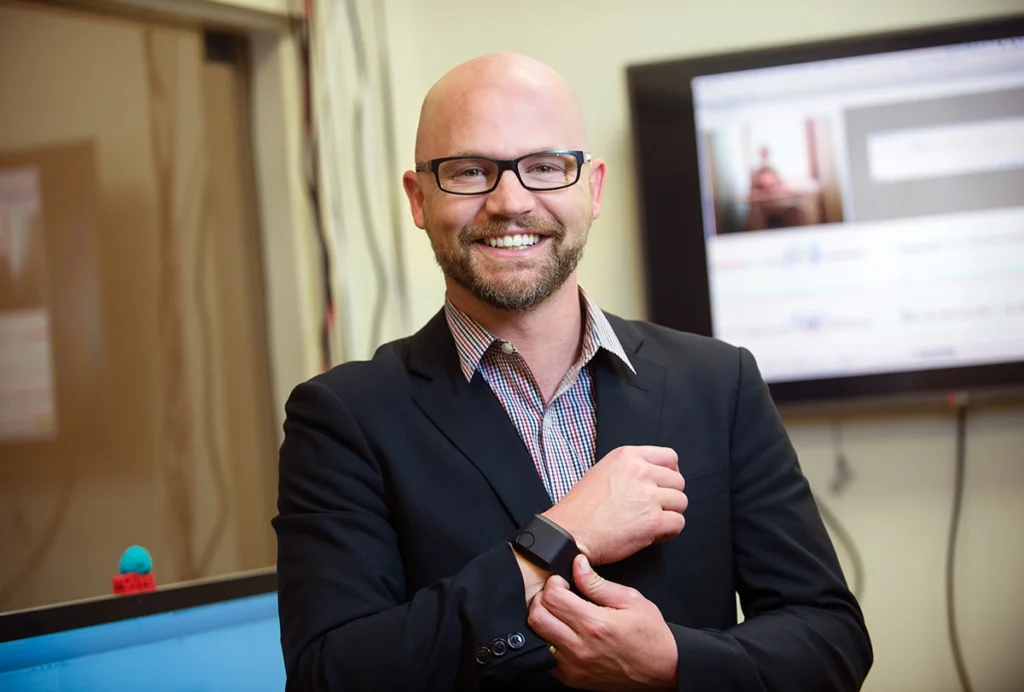
Crowdsourcing to curb aggression in autism: Q&A with Matthew Goodwin
To accelerate the development of real-time behavioral prediction technology, a research team is sharing data and seeking new collaborators.
Brain connectivity and letting the data speak with Emily Finn
The Dartmouth College researcher talks about her quest to understand behavior and doing neuroscience “in the woods.”
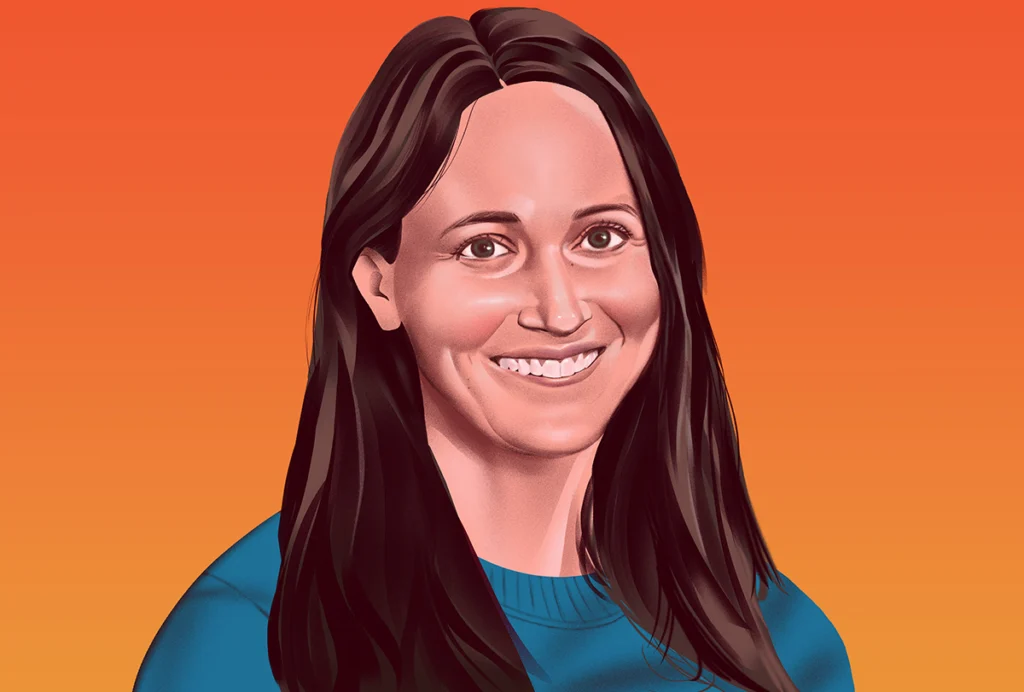
Brain connectivity and letting the data speak with Emily Finn
The Dartmouth College researcher talks about her quest to understand behavior and doing neuroscience “in the woods.”
